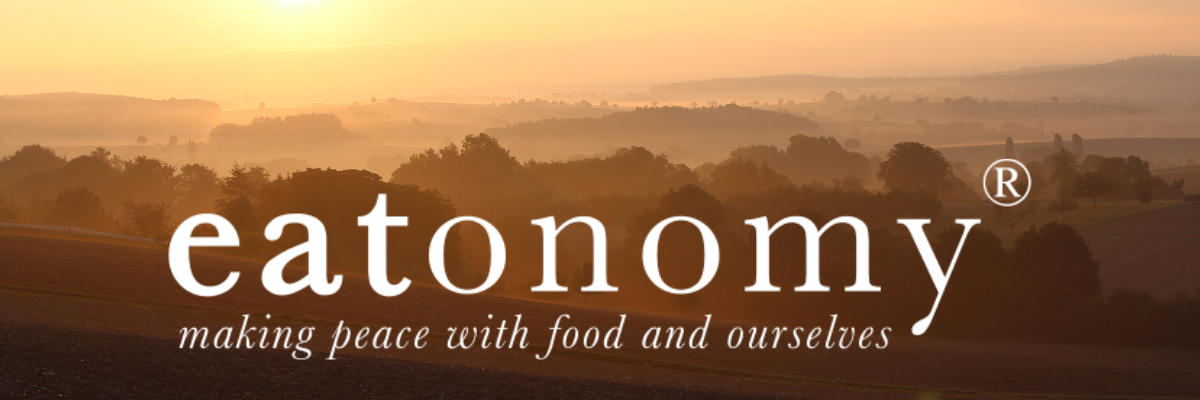Trigger warning: description of binge eating.
A few nights ago, I went out for dinner for the first time since lockdown lifted here in the UK.
After months of being stuck at home, I sat in the restaurant with a big grin on my face, soaking up the atmosphere.
I was quite hungry but, as usual, took my time exploring the menu. Like a buzzard circling its prey, I was on the lookout for the dish that would truly satisfy me.
Continue reading “How Calorie Labelling Impacts People with Binge Eating Disorder”






